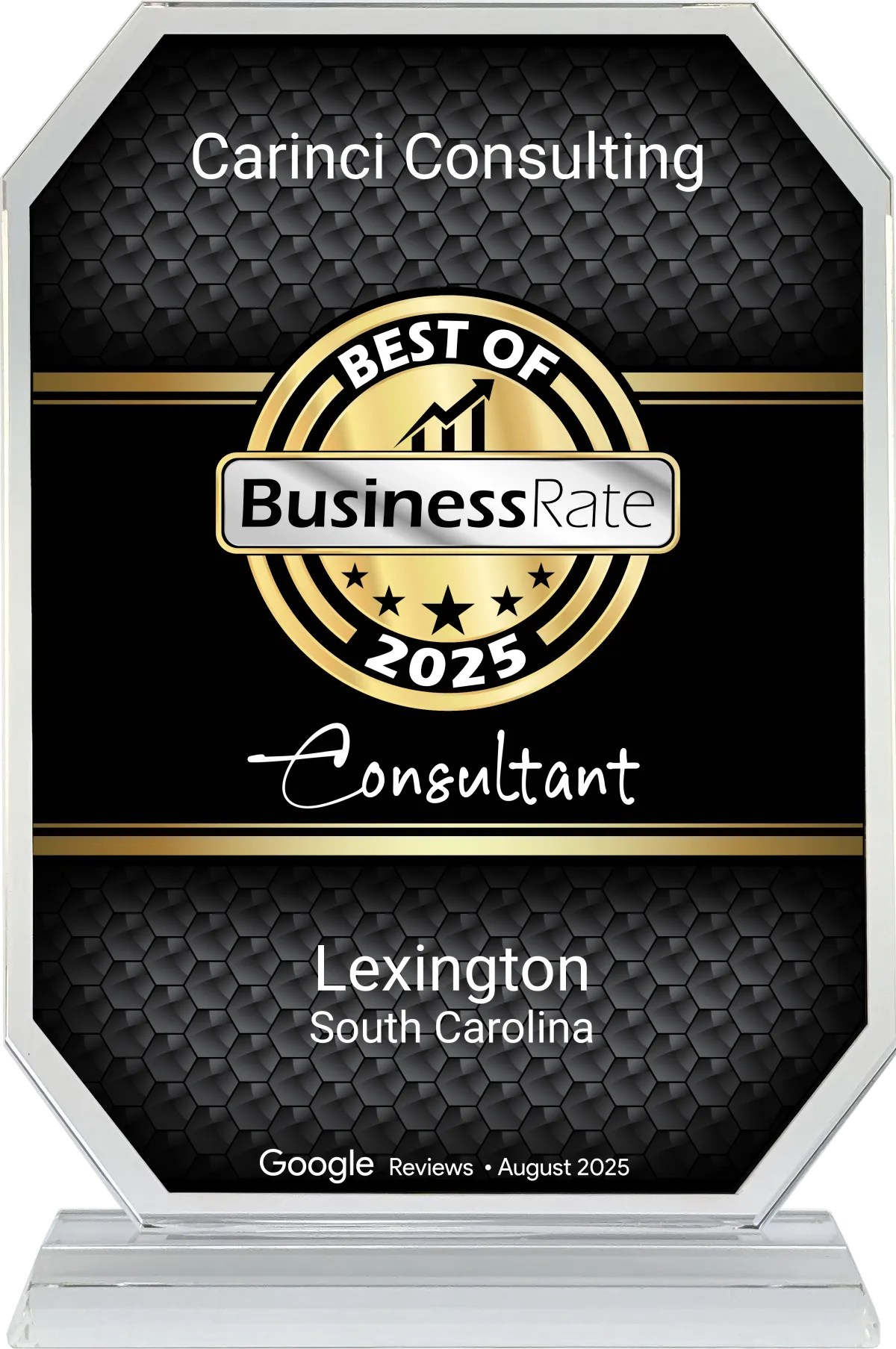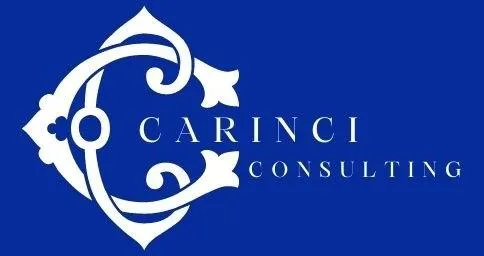
Grant Your Wishes in 2024: Unlocking Funds to Advance Strategic Priorities
Learn how to secure the funds you need to make your dreams a reality.
In today's increasingly competitive world, organizations of all types and sizes face the challenge of securing sufficient funding to achieve their strategic priorities. One effective way to unlock funds is through the art of grant writing. Grants play a crucial role in providing financial support for various initiatives, and mastering this skill can make a significant difference in an organization's ability to succeed.

Understanding the Importance of Grant Writing✍️
Grants are a valuable source of funding for organizations, both in the private and public sectors. They offer financial support that can help advance strategic priorities and bring innovative projects to life. Grants can provide a much-needed influx of resources, enabling organizations to expand their reach, implement new programs, and make a positive impact on their target audience.
When it comes to achieving strategic priorities, grants play a vital role. Whether it's in the fields of education, healthcare, or community development, grants provide the necessary financial backing to make projects viable and sustainable. Organizations can align their initiatives with larger national or regional goals, contributing to the overall progress and development of society.
However, securing grants is not an easy task. It requires effective grant writing, which is the cornerstone of successful funding acquisition. Effective grant writing involves crafting a compelling proposal that clearly articulates the project's objectives, methodology, and expected outcomes. A well-written grant proposal highlights the significance and impact of the project, demonstrating how it aligns with the funder's objectives.
One of the key factors in effective grant writing is the ability to effectively communicate the value of the initiative. By clearly conveying the importance and potential impact of the project, organizations can increase their chances of securing the necessary funds to bring their strategic priorities to life. This requires a deep understanding of the funder's priorities and a skillful presentation of how the project aligns with those priorities.
Furthermore, grant writing also involves thorough research and analysis. It requires organizations to identify potential funders whose objectives align with their own. This involves studying the funder's guidelines, previous grants awarded, and the types of projects they typically support. By tailoring the grant proposal to the specific interests and priorities of the funder, organizations can significantly enhance their chances of success.
In addition to research, effective grant writing also requires strong writing skills. Grant proposals need to be clear, concise, and persuasive. They should present a compelling case for why the project deserves funding and how it will make a difference in the target community or field. This involves using persuasive language, providing supporting evidence, and showcasing the organization's expertise and track record.
Moreover, grant writing is not a one-time activity. It requires ongoing effort and continuous improvement. Organizations need to constantly evaluate their grant writing strategies, learn from past successes and failures, and adapt their approach accordingly. This involves seeking feedback from funders, attending workshops or training sessions, and staying updated on the latest trends and best practices in grant writing.
In conclusion, grant writing plays a crucial role in securing funding for organizations and advancing their strategic priorities. It requires a combination of research, analysis, strong writing skills, and continuous improvement. By effectively communicating the value and impact of their projects, organizations can increase their chances of securing grants and bringing their strategic priorities to life.
Mastering the Art of Grant Writing🏅
While grant writing may seem like a daunting task, mastering the art of it can significantly enhance an organization's ability to secure funds. By focusing on key elements, understanding common mistakes, and adopting best practices, individuals can become more proficient in the grant writing process.
Grant writing is a skill that requires careful attention to detail and a thorough understanding of the funding landscape. It is not enough to simply have a great idea or a worthy cause; one must be able to effectively communicate the value and impact of their project to potential funders. This requires a strategic approach and a well-crafted grant proposal.
Key Elements of a Successful Grant Proposal
When crafting a grant proposal, there are essential elements that must be included to increase its chances of success. These elements typically include a clear project summary, a detailed budget, a comprehensive needs assessment, a well-defined project plan, and an evaluation strategy. Each of these components plays a crucial role in demonstrating the feasibility and potential impact of the proposed project.
A clear project summary is essential for capturing the attention of grant reviewers. It should concisely explain the purpose of the project, the target population it aims to serve, and the expected outcomes. A detailed budget is also crucial, as it provides transparency and accountability in how the funds will be utilized. It should include all necessary expenses, such as personnel costs, materials, and any other relevant expenses.
A comprehensive needs assessment helps to establish the relevance and urgency of the project. It should identify the specific needs or gaps in the community or field that the project aims to address. This assessment should be supported by data and research to strengthen its credibility.
A well-defined project plan outlines the specific activities, timelines, and milestones of the project. It should demonstrate a clear understanding of the steps required to achieve the desired outcomes. Additionally, an evaluation strategy is crucial for measuring the success and impact of the project. It should include measurable goals and objectives, as well as a plan for data collection and analysis.
Common Mistakes to Avoid in Grant Writing
Grant writing is not without its pitfalls, and aspiring grant writers must be aware of common mistakes to avoid. These mistakes may include vague goals and objectives, lack of alignment with the grant provider's priorities, inconsistent or inadequate project planning, and neglecting to showcase the project's impact and sustainability.
Vague goals and objectives can hinder the clarity and focus of a grant proposal. It is important to clearly articulate what the project aims to achieve and how it will make a difference. Additionally, aligning the project with the priorities of the grant provider is crucial. This requires thorough research and understanding of the funder's mission and goals.
Inconsistent or inadequate project planning can also undermine the strength of a grant proposal. It is important to demonstrate a well-thought-out and realistic plan for implementing the project. This includes identifying potential challenges and risks, as well as outlining strategies for mitigating them.
Showcasing the project's impact and sustainability is essential for demonstrating its long-term value. Grant providers want to invest in projects that will have a lasting impact and create positive change. It is important to highlight the potential outcomes and benefits of the project, as well as any plans for sustainability beyond the grant period.
By understanding these common errors, individuals can proactively address them and increase the likelihood of their grant proposals being approved. Grant writing is a skill that can be honed with practice and experience. With dedication and attention to detail, individuals can master the art of grant writing and secure the funding needed to make a difference in their communities.
Strategies for Effective Grant Writing 🎯
Successful grant writing is not just about knowing the key elements and avoiding mistakes; it also requires strategic thinking and targeted efforts.
Researching Potential Grant Opportunities
Before diving into the grant writing process, it is essential to conduct thorough research to identify potential grant opportunities that align with the organization's objectives. This involves exploring various funding sources, understanding their priorities and requirements, and assessing the compatibility between the organization's strategic priorities and the funder's objectives. By conducting diligent research, organizations can focus their efforts on grants that have the highest probability of success.
Tailoring Your Proposal to the Grant's Objectives
Each grant has specific objectives and expectations. Tailoring a grant proposal to match these objectives is crucial for success. This may involve customizing the project plan, emphasizing the project's alignment with the funder's priorities, and demonstrating a clear understanding of the target population and their needs. By customizing the proposal, organizations can showcase their commitment to addressing the funders' priorities and increase the chances of securing the funds.
The Grant Writing Process 🧮
The grant writing process follows a specific set of steps, and navigating these steps diligently can significantly improve the quality of the grant proposal.
Preparing Your Grant Proposal
The first step in the grant writing process is to prepare the grant proposal itself. This involves gathering all the necessary information, such as project details, budgets, and supporting documentation. It's important to ensure that the proposal effectively communicates the project's objectives, methodology, and expected outcomes. Additionally, the proposal should accurately highlight how the project aligns with the funder's objectives, creating a compelling case for investment.
Writing and Reviewing Your Grant Proposal
Once the proposal is prepared, the next step is to write and review it. Grant writers should focus on clear and concise writing, using persuasive language to articulate the project's significance and impact. Attention should also be given to formatting and structure, ensuring that the proposal is easy to read and navigate. Once the initial draft is complete, it is crucial to review and revise the proposal multiple times to eliminate errors, strengthen arguments, and enhance overall clarity.
Navigating the Challenges of Grant Writing 🧭
Grant writing is not without its challenges, and aspiring grant writers must be prepared to overcome obstacles along the way. By addressing common challenges proactively, individuals can navigate the grant writing process more effectively.
Overcoming Common Obstacles in Grant Writing
One common obstacle in grant writing is the intense competition for limited funds. To overcome this challenge, individuals should focus on clearly differentiating their project from others, emphasizing its uniqueness and potential impact. Another challenge is aligning the project with the funder's objectives while staying true to the organization's strategic priorities. Striking a balance between these two factors requires careful planning and thoughtfulness in proposal development.
Tips for Handling Rejection and Feedback
Rejection is a common experience in grant writing, but it should not discourage individuals from continuing their pursuit of funding. Instead, individuals should view rejection as an opportunity for growth and improvement. Seeking feedback from grant reviewers and incorporating suggestions into future proposals can enhance grant writing skills and make subsequent attempts more successful.
So, in 2024, let's embark on a journey of grant writing excellence and grant our wishes for a better future!
Grant writing is a powerful tool for unlocking funds and advancing strategic priorities. By understanding the importance of grant writing, mastering its art, employing effective strategies, and navigating the challenges, organizations can significantly increase their chances of securing the funds needed to transform their visions into reality.
Partner with Carinci Consulting
Have questions? 📨 Email us at jennifer@carinciconsulting.com.
Need help getting started? 🗓️ Schedule a complimentary strategy session.
Office: Lexington, SC
Site: www.carinciconsulting.com

Call: 302-383-4724
Email: jennifer@carinciconsulting.com



